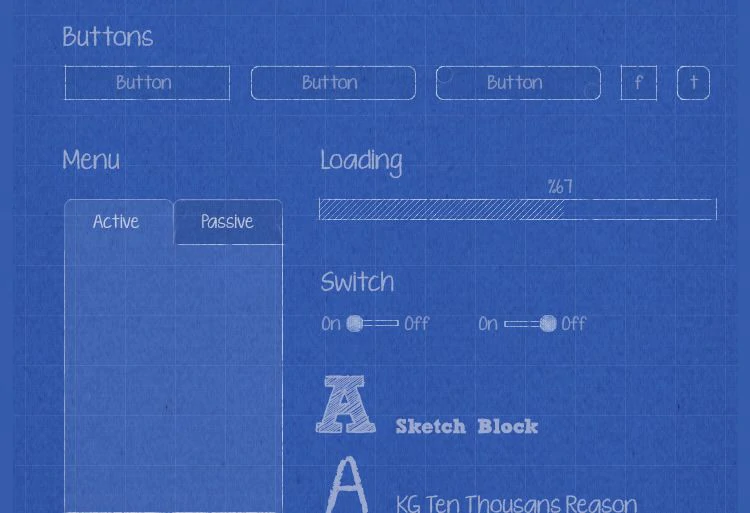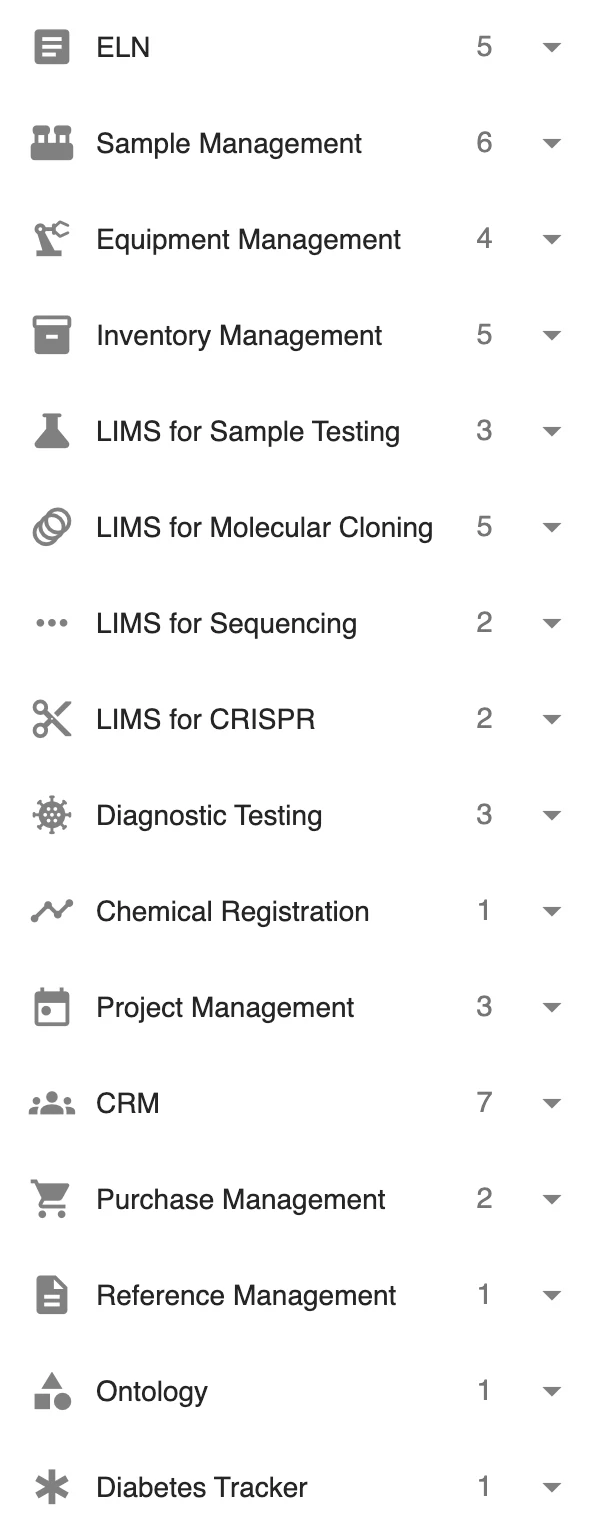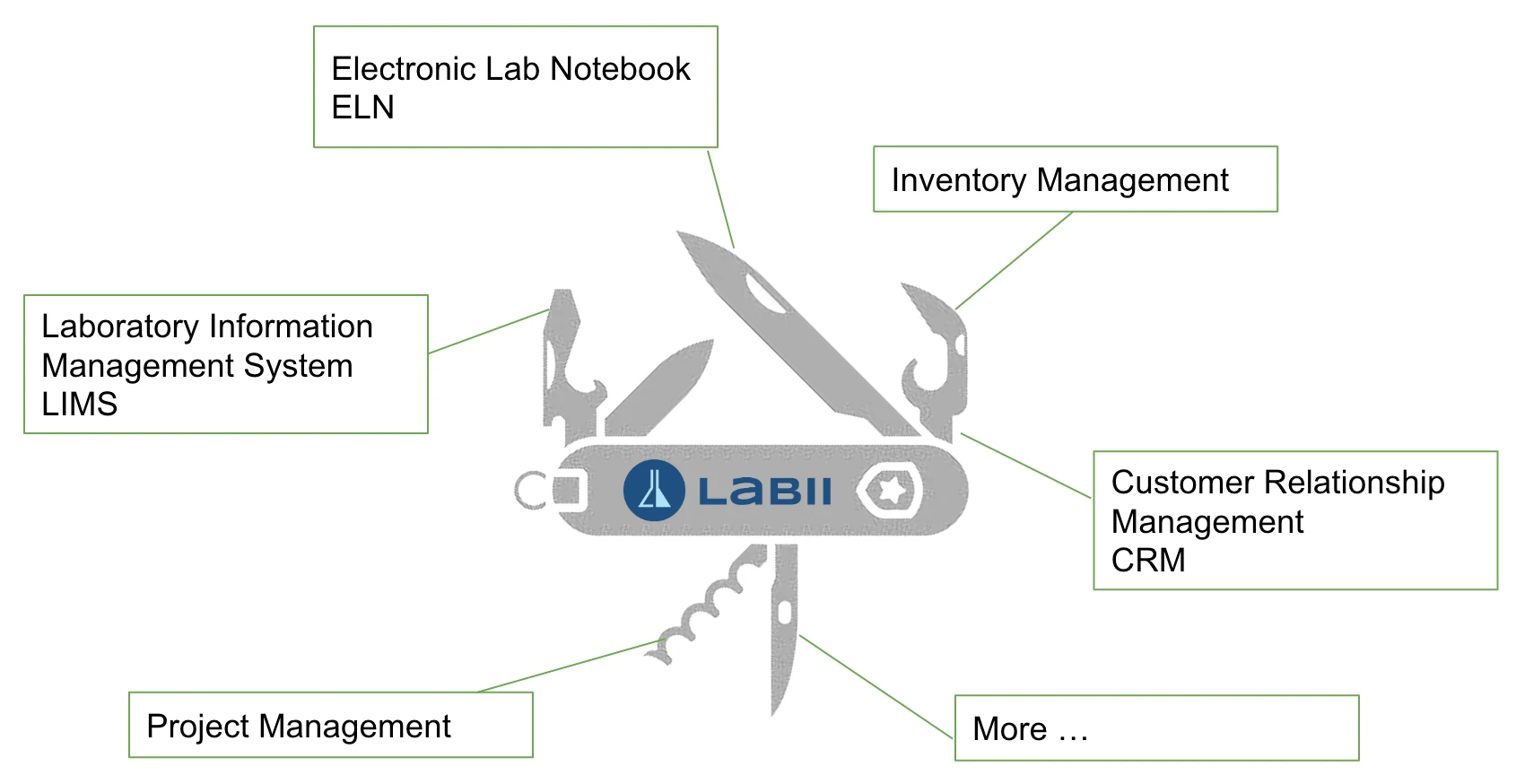- Home
- Pricing
- About Us
- Partners
- Jobs
- Contact Us
- All in One Data Platform
- Fully Customizable
- Adaptable Widgets
- Process Integration
- AI Integration
- Hardware & Software Integration
- Top Tier Security
- User Friendly Interface
- Professional & Speedy Support
- Data Centers
- Barcode/QR Code System
- articleElectronic Lab Notebook (ELN)
- inventory_2Inventory Management
- scienceLaboratory Information Management Systems (LIMS)
- calculateFormulation Management
- yardAgricultural Research Manager (ARM)
- health_and_safetyQuality Management System (QMS)
- groupsCustomer Relationship Management (CRM)
- todayProject Management
- shopping_cartPurchase Management
- descriptionReference Management
- differenceOther Applications
- Biotech and Pharmaceutical Companies
- Contract Research Organizations (CROs)
- ELN/LIMS Providers
- Any Organization Needing Data Documentation
- Login
- Free signup
- Request a demo
- Referral Program
- Subscribe to our newsletter
- Documentation
- Blogs
- Resources
- Screenshots
- Downloads
- Terms of Service
- Privacy Policy
Full Customizable
Overview
In the realm of laboratory data capture, the need for specialized tools varies widely, aligning with the unique requirements of each company, department, and laboratory. Labii distinguishes itself through its innate adaptability, empowering users to craft personalized Electronic Laboratory Notebooks (ELN) and Laboratory Information Management Systems (LIMS) equipped precisely with the desired features. As companies progress and their needs change, Labii allows users to continually personalize their data capture tools, ensuring a seamless adjustment to the evolving demands of the organization. This emphasis on flexibility and scalability forms the essence of Labii's value proposition, offering a dynamic and tailored solution for managing laboratory data.

Labii offers customization at every tier of your account, starting from applications tailored for precise domain-specific data management, extending to tables crafted to handle and oversee distinct research data types, further down to table columns for structured data handling, and finally, to table sections managing unstructured data.
Personalize Applications in Labii
Labii offers an extensive range of customization options for applications, serving as tailored collections of tables designed for precise domain-specific data management. Within Labii, users wield the power to create, configure, and personalize their applications to align seamlessly with their unique workflow requirements. This customization capability transcends limitations, enabling the creation of multiple applications without constraints, eliminating the need for additional purchases. Whether it's modifying existing templates or crafting entirely new applications from scratch, Labii empowers users to sculpt their data management landscapes effortlessly.
read_moreRead documentation
Navigate Data Precision with Labii's Table Customization
In Labii, tables stand as modular entities meticulously crafted to oversee and organize research data within specific categories. Each table within Labii functions as a dedicated repository, meticulously designed to handle and monitor a distinct type of research data. These tables serve as the backbone, allowing for precise categorization, management, and tracking of data within their specified domains. Labii's table customization enables users to intricately structure and navigate their research data with precision and ease, be it organizing experimental results, cataloging samples, or managing project-specific information.
Enhance Data Precision: Customizing Columns in Labii
Columns within Labii represent sets of data values of specific types, each corresponding to individual rows within a table. Serving as containers for structured data, columns play a pivotal role in storing and organizing information. When configuring columns, users possess the flexibility to select a widget type, specify whether the data is mandatory, set default values, and more. This customization empowers users to tailor each column to their precise data handling needs, ensuring seamless organization and accessibility within their datasets.
Tailoring Unstructured Data: Sections Customization in Labii
In Labii, sections serve as the document modules designed to accommodate various types of unstructured data. These sections act as containers for different data types, with each managed and empowered by specific widgets tailored to distinct requirements. Default sections can be configured within a table, ensuring that every new record created automatically includes these predefined sections. Users retain the flexibility to create additional sections for each record, allowing for the storage of diverse unstructured data types based on their specific needs. This versatility empowers users to curate and manage unstructured data seamlessly within their records, enhancing the adaptability and functionality of their datasets.
Ready to Build Your Own Scientific Applications?
See how Labii can transform your research management. Schedule a live demo or start configuring your system today. Whether you’re looking for a complete ELN/LIMS replacement or building your own lab workflows, Labii gives you everything you need to start fast and scale smart.

Refer a company to Labii and earn free months for each seat they sign.


